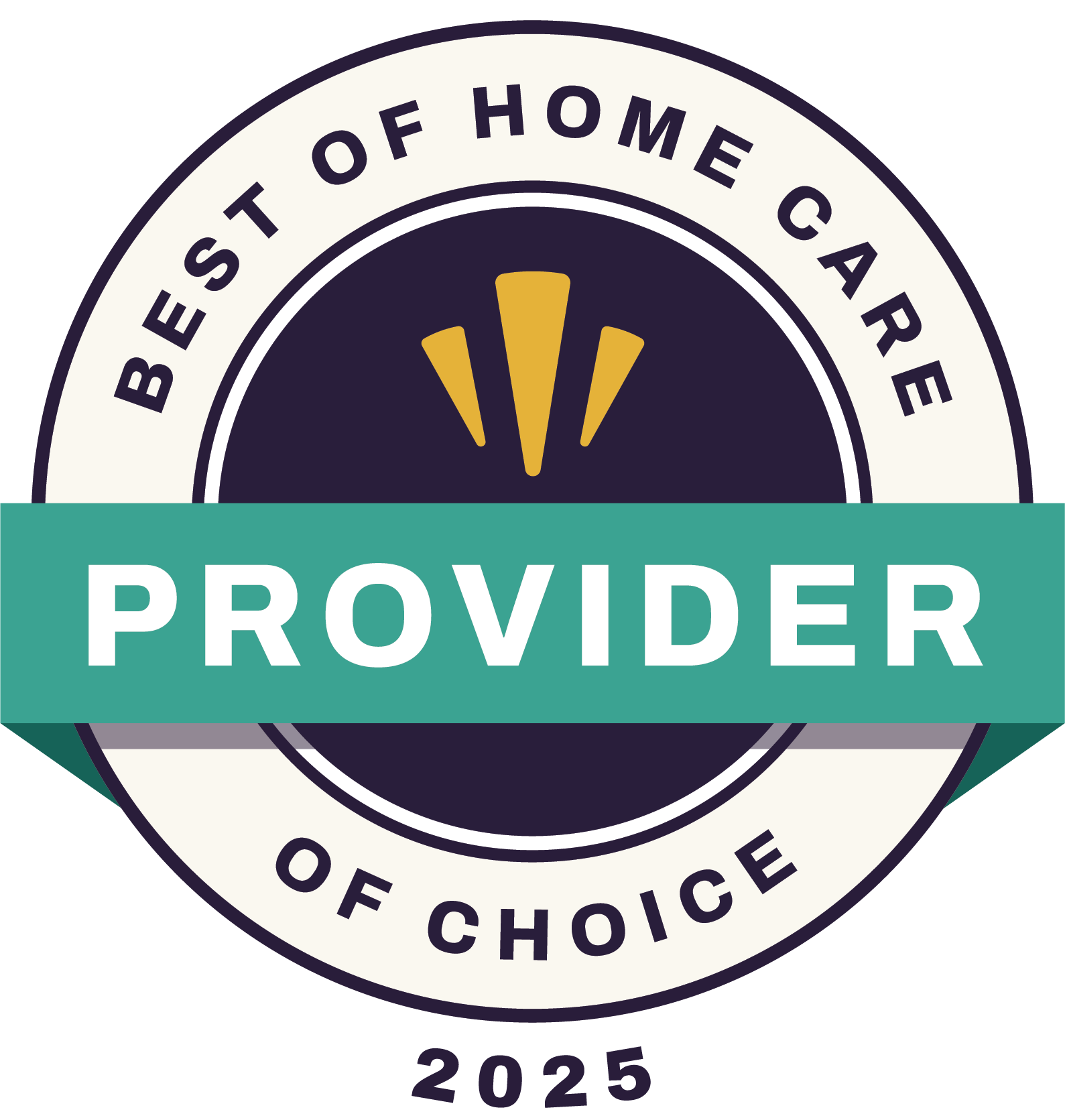Do Seniors Struggle With Depression?
Depression is a serious problem. This mood disorder drowns people in sadness and drains away any interest or motivation related to anything. Further, its crushing weight can lead to problems maintaining a career, raising kids, and dealing with basic life routines. Yet, many of us do not connect depression with seniors – can they be affected?
Absolutely.
Depression Often Brings Down Seniors
Sadly, clinical depression strikes people of varying ages and is certainly common among older people. It bears down on roughly 6 million people in the U.S. who are 65 or older. It often appears right along with physical illnesses and disabilities, and it may hang around for a while.
What Can Cause This Problem as We Age?
Life changes for many of us as we get on in years. Children typically leave and create families of their own. Retirement may remove the motivation to keep to a work schedule, and health issues often arise. Some depression sources often include:
Social Challenges
Studies indicate that social isolation very often leads to poor health, both mental and physical. Yet as we age, it can be difficult to avoid isolation – transportation may become challenging, friends may pass away, and health issues might make interaction with others more difficult. Unfortunately, more time alone can lead to depression.
Medical Problems
Health issues often appear as we age, and they usually include some form of unpleasantness. Pain, uncomfortable treatments, awkward equipment, and frequent medical appointments are just a few examples. Dealing with these challenges can create feelings of disappointment and sadness that pave the way toward this mental health challenge.
Lack of Mobility
We tend to take our freedom of movement for granted, especially at a younger age. Seniors often deal with difficulties driving, a need for a walker, scooter, or cane due to pain or disease, and other frustrating issues. Losing that freedom and independence can help trigger a downward spiral into depression.
Are There Symptoms or Signs of Depression?
Seniors may not display the classic depression symptoms. They may often:
- Show appetite or weight changes
- Appear to move more slowly than usual
- Express feelings of guilt, hopelessness, or worthlessness
- Demonstrate confusion
- Seem irritable or grumpy
- Have difficulty sleeping
- Experience suicidal ideas
- Lastly, show less activity enjoyment
As a family member or friend, it is important to watch for these signs and seek help right away if they are evident.
How May a Senior Treat Depression?
There are various options for seniors and their families to consider for the treatment of this mood disorder.
Antidepressants
These medications boost levels of naturally occurring chemicals in the brain called neurotransmitters. These substances can lift mood and help boost sufferers out of the deep "hole" in which depression may trap them. Use caution, however – these drugs may not work as effectively as they do in younger people. In addition, potential side effects with other medications must be considered and monitored.
Psychotherapy
Although the name may sound intimidating, this treatment is simply a form of "talk therapy." Roughly 75 percent of those who use it do experience some level of benefit. It can be especially helpful for those who have endured major life stresses and those who cannot or do not wish to use antidepressants.
Complementary Therapies
Other options include exercise, yoga, dietary supplements, and brain-stimulation techniques involving electricity or magnets. Each should be explored with a health professional to determine if it may be right for a particular depression sufferer.
Can Home Health Aides Help Fight Senior Depression?
Companionship care provided by a home health aide is a great way to help you or your senior loved one battle the challenges of depression.
A study published by the National Institutes of Health demonstrated that home health care proved "superior to CAU (care as usual) for improving depression, anxiety, and perceived burden" in regard to seniors.
Friendly care provided via in-home visits and phone calls can be quite effective in reducing loneliness and sadness tied to this difficult mood disorder.
Contact Elite Home Health Care to discuss options for providing friendly, effective home care for you or your senior loved one.
Written by: Leah Ganz
Leah Ganz, RN, BSN is the Director of Patient Services at Elite Home Health Care. She has an extensive background in homecare and previously worked in various specialties including pediatrics, pain management and internal medicine. She oversees all patient services across Elite's departments.



